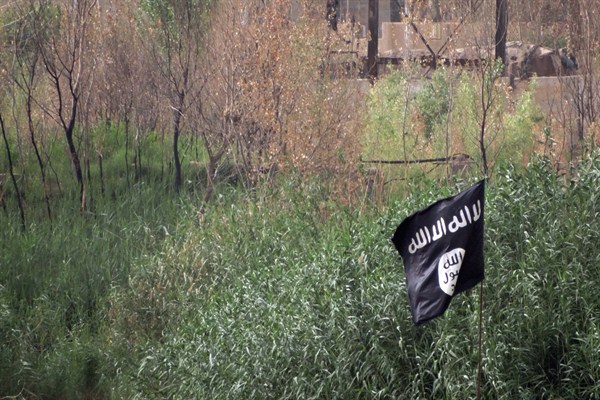Last Friday, as America was focused on landmark Supreme Court rulings that made same-sex marriage legal and prevented millions of citizens from losing their health insurance, the so-called Islamic State (IS) flexed its terrorist muscles. The impact was as horrific as one might imagine.
In Tunisia, a Kalashnikov-toting jihadist gunman shot and killed 39 Western tourists sunbathing on a resort beach. In Kuwait, a suicide bomber blew himself up at a Shiite mosque, killing 27 worshippers and wounding 227. And in France, in an attack whose motivations remain unclear but that bore all the hallmarks of IS, the head of a transportation company was killed and then savagely decapitated by one of his employees, who was subsequently apprehended while apparently trying to set off an explosion at a chemical factory that subcontracted the company’s services.
While Americans were too distracted to pay much attention or begin worrying that the U.S. homeland might be next, it does beg the question: How vulnerable is the United States to IS and other terrorist groups operating in the Middle East and North Africa? The answer: not much at all.

